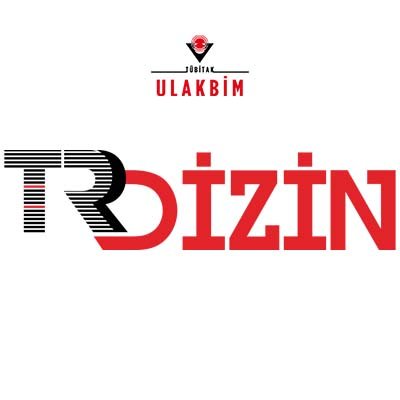The aim of this study was to predict the role of athlete engagement in determining athlete self-efficacy in orienteering participants and to reveal whether athletes’ engagement and self-efficacy differ according to gender. The research is a relational study. A total of 307 orienteering athletes, 140 female and 167 male, participated in the study. Personal Information Form, Athlete Engagement Questionnaire, and Athlete Self-Efficacy Scale were used in the study. A multiple linear regression analysis was performed to predict the role of athlete engagement in determining athlete self-efficacy; an independent sample t-test was performed to reveal whether the engagement and self-efficacy of the athletes differed according to gender. According to the results of the analysis, it was concluded that while the sports engagement of the athletes differed significantly according to the gender, the self-efficacy of the athletes did not differ according to the gender. In the applied multiple linear regression analysis, it was found that the self-efficacy of the athlete was predicted by the variables of confidence and dedication; it has been found that vigor and enthusiasm variables do not have a significant effect on the self-efficacy of the athlete. Together, these four variables explain approximately 22% of the total variance in self-efficacy. As a result, it is seen that individuals with high athlete engagement have a high belief in their capacity to reach their desired goal, that is, their self-efficacy, if their performance is high. Today, the time devoted to sports and the belief of the athletes in themselves are important in terms of showing the effort made by the athletes to achieve high performance in their fields.
Cite this article as: Taştan, Z., Demirli, A., & Moghanlou, AE. (2023). Oryantiring Katılımcılarında Sporcu Bağlılığının Sporcu Öz Yeterliğini Belirlemedeki Rolü. Research in Sports Science, 13(2), 46-51.


.jpg)


.png)


